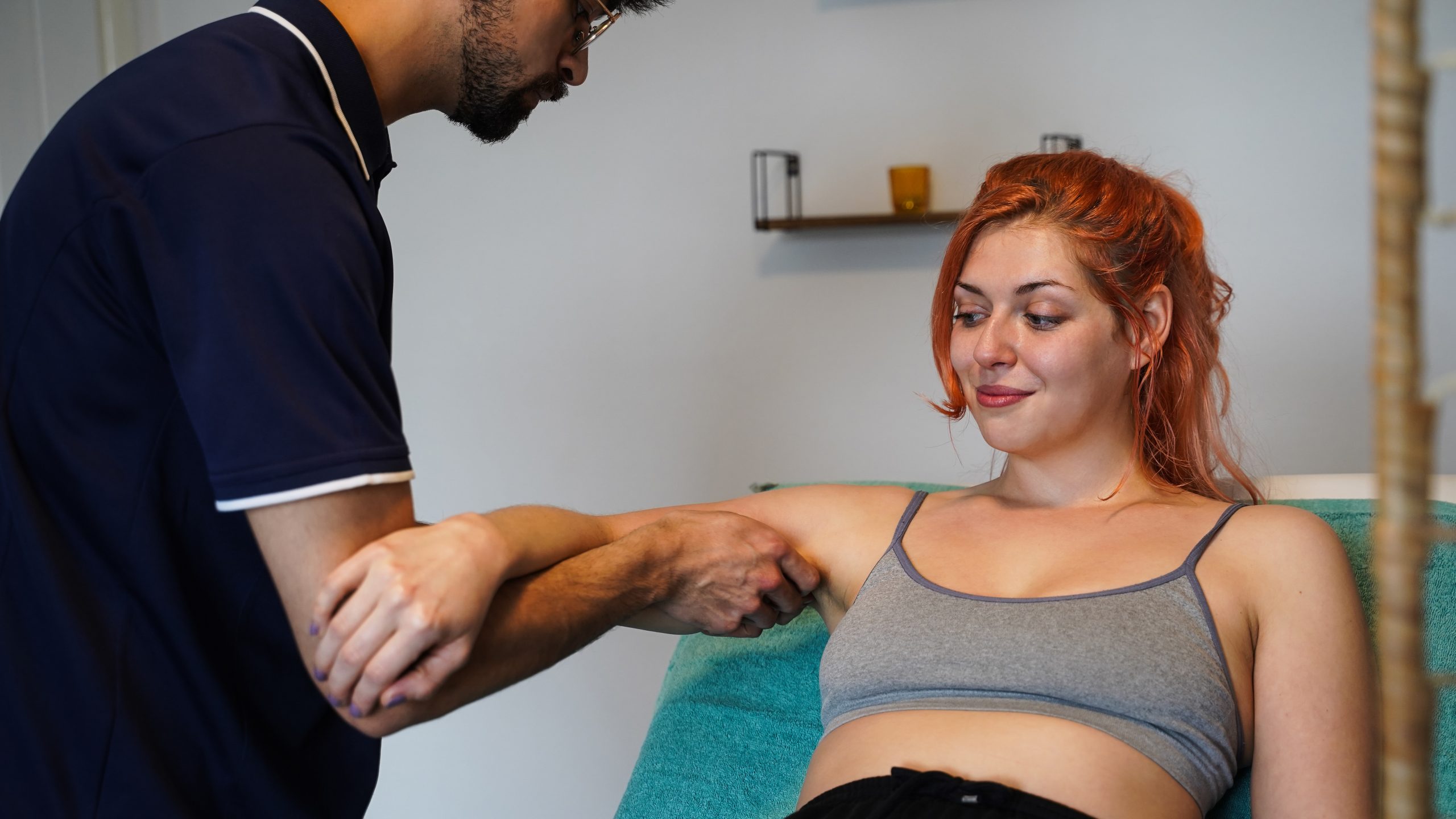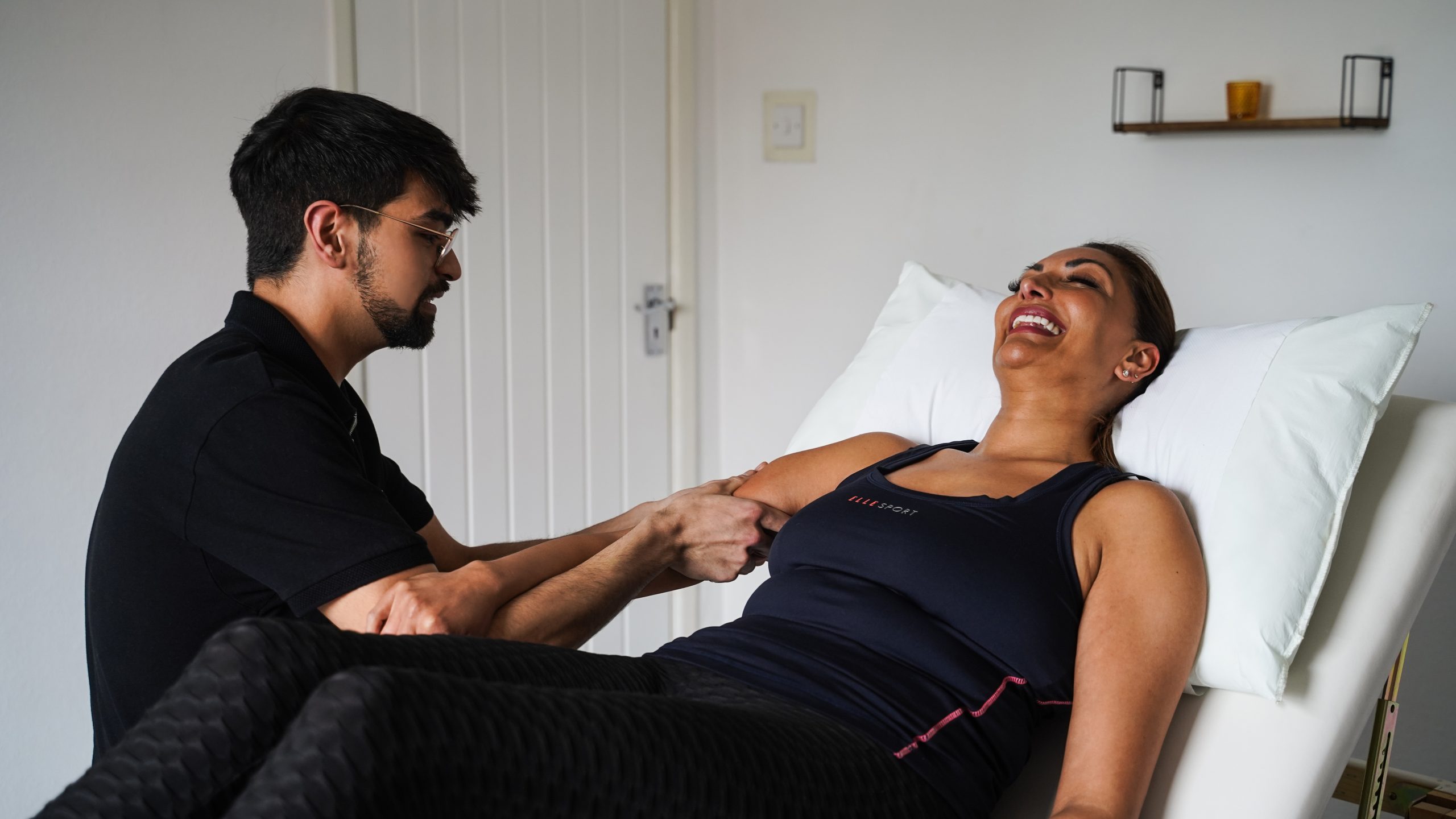
Carpal Tunnel Syndrome (CTS) is a condition affecting the function and mobility of the hand. A nerve-related issue – symptoms arise when the median nerve is compressed as it passes through the carpal tunnel located in the wrist.
What are the symptoms of Carpal Tunnel Syndrome (CTS)?
CTS is a condition affecting the function and mobility of the hand. It is caused by pressure on the median nerve in your wrist, which can cause tingling, burning, numbness, as well as aches and pains in your hand and fingers. In some more severe cases, it can lead to thumb weakness and loss of grip strength. We have listed the symptoms below, which arise when the median nerve is compressed as it passes through the carpal tunnel, a narrow passage in the wrist formed by bones and ligaments.
CTS is a common nerve condition, typically affecting adults aged 40 to 65.
NHS research has shown that women are disproportionately affected, with data showing that females are up to three times more likely to develop CTS than males of the same age.
We treat patients of both genders across a wide range of ages to help them overcome the syndrome.
What increases the chance of developing Carpal Tunnel Syndrome (CTS)?
We have witnessed a significant increase in Carpal Tunnel Syndrome (CTS) enquiries and tailored a form of massage therapy which has had a great success rate. Our CTS treatment here at Back2Wellbeing in Bournemouth consists of various methods. We use a combination of Swedish Massage and Sports Massage techniques alongside light manipulation focused on the shoulder, upper arm, forearm, wrist, and hands, with the overall aim being to relieve and ease the symptoms associated with CTS. This form of therapy is non-invasive and limits the pain experienced by the patient, meaning that treatment is pleasant and relaxing.
We always encourage the application of alternative therapies as opposed to surgical treatments or injections to treat Carpal Tunnel Syndrome effectively. The majority of our clients who suffer from CTS have opted to have regular treatment with us rather than an invasive surgery offered by the NHS. If you or someone you know is suffering from CTS and you’d rather avoid surgery or injections, then our treatment will be perfect.
Our other services include Acupressure Massage, Carpal Tunnel Syndrome Treatment, Deep Tissue Massage, Hot Stone Massage, Indian Head Massage, Manual Lymphatic Drainage, Reflexology, Sports Massage, and Swedish Massage.




